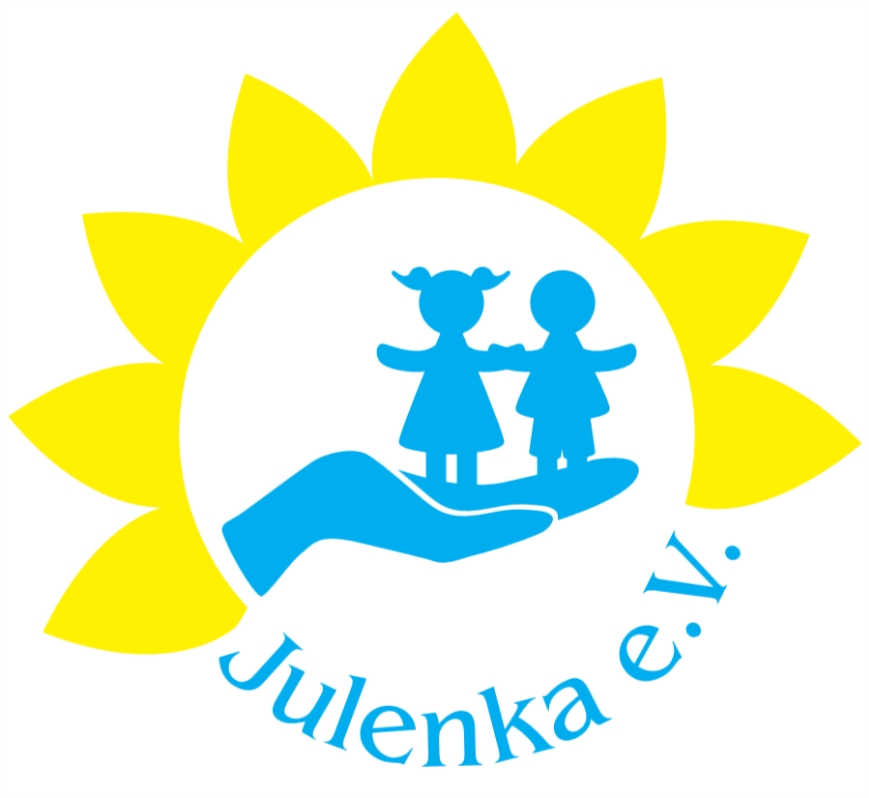Victoria Shevchenko: "If I had known about mobile teams, I would have left my husband earlier"

Viktoriia Shevchenko got married at the age of 17. She immediately started living with her husband's parents in the small village of Bazhany, Petropavlivka district. She says she felt psychological pressure from the very beginning of the marriage:
"I was told that in order to build a family, I had to obey my husband and his parents. They know what is best for me, what is best for my future child. They controlled me in everything: money, clothes, food," the woman says.
It all started as a manifestation of care, as if I had to take care of the child and not strain myself. However, over time, the "care" turned into accusations of laziness. According to Viktoriia, her mother-in-law did not allow her to communicate with her friends who also have children.
"She forbade me to go out. She said it was unbecoming behavior. I obeyed her. I thought that maybe I was behaving wrongly. A woman should stay at home, work, take care of the family home, as they say. Over time, I took over all the work: cooking, cleaning," says Viktoriia.
Later on, Viktoriia had to become a caretaker for her husband's sister's child, which made her situation even more difficult. She says that it was difficult mentally, but she thought she was wrong and tried to change herself: she got up early, went to bed late, and constantly asked her mother-in-law if she needed help. However, over time, the psychological abuse turned into physical violence. So Viktoriia and her husband decided to move to Pavlohrad. However, due to lack of money, she returned to the village eight months later and the conflict resumed.
"My son has already started to realize this. He started asking questions: "Mum, why do you allow your grandmother to treat you like this?" Then the full-scale invasion began, and in February 2022, I evacuated with my children to Poland. We stayed there for nine months, but unfortunately, the children began to get very sick, they could not be cured there, and we returned again. And almost on the day we returned, the pressure started again," says Viktoriia.
The situation got worse when Viktoriia's husband started drinking alcohol and then laying hands on his wife and children. One day, because of the aggression from her husband and his family, Victoria called the police. It was the police who advised
Victoria to contact the Pavlohrad mobile team for social and psychological assistance.
Victoria called from the hospital where she was staying with her children. Marina, a social worker, provided psychological counseling over the phone and calmed the woman down. Victoria was afraid to return to her husband's house, but she and her children were in the hospital with no belongings. Maryna convinced the woman to go home in the presence of the mobile team and outlined a course of action. At first, the husband wanted to make a scene, but when he saw the team's car and strangers, he did not dare. Victoria was taken to a crisis room in Pavlohrad. She and her children stayed there for 10 days.
"I was in a panic, the mobile team helped me, gave me phones, I called psychologists. During the day, I kept myself going: children, homework. When my hands and head are busy with something, nothing torments me. As soon as I am left alone with myself, I start crying," says Viktoriia.
The woman was immediately given a lump sum of money and provided with a lawyer to represent her interests in court, as in addition to the divorce and alimony proceedings. Victoria also received a lawsuit against her from her mother-in-law. The mobile team accompanied the woman to the court and to the regional center, looking after her younger son while she was dealing with the various instances. Later, Victoria was taken to one of the shelters in the regional center, where she stayed for six months, and finally felt safe:
"I feel good here. We are fed, clothed, provided with medicines and diapers. The conditions are very good, I didn't even expect this. If I had known that there were such shelters and such mobile teams, I would not have come to my husband. The guys and girls from the brigade write to me from time to time, and I write back to them that everything is fine. But I know that they have a lot of work and are constantly on the phone, so I don't want to distract them," Victoria concludes her story.
Now Viktoriia Shevchenko and her children have gone back to work in Poland. Before the trip, she called to thank Marina, a social worker of the Pavlohrad mobile team.
Telephone numbers of mobile teams in Dnipropetrovska oblast:
Kryvyi Rih
+38 067 4524215
+38 099 4524215
Kamianske
+38 067 4524231
+38 099 4524231
Pavlohrad:
+38 067 4524216
+38 099 4524216
Dnipro:
+38 050 7300889
+38 067 610580
The mobile teams are supported by UNFPA, the United Nations Population Fund, in coordination with the Office of the Vice Prime Minister for European and Euro-Atlantic Integration and the Ministry of Social Policy of Ukraine. The services of the mobile teams are provided thanks to the financial support of the governments of the United States (USAID Bureau for Humanitarian Assistance), Canada, Sweden, Finland, Norway, the United Kingdom and the Humanitarian Fund for Ukraine (UHF).


.png)












